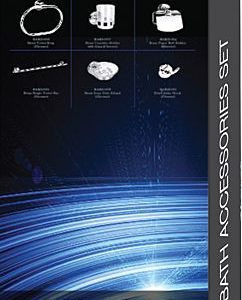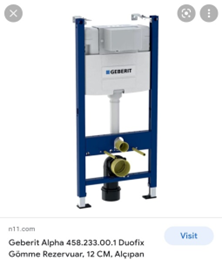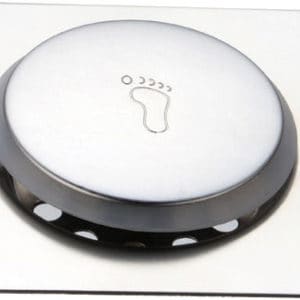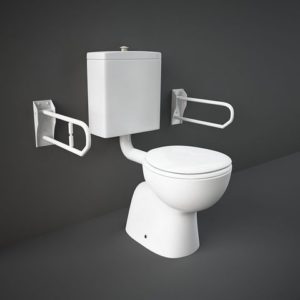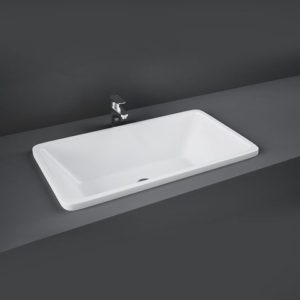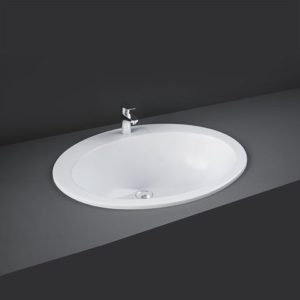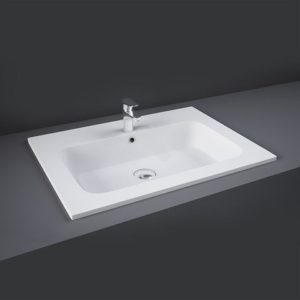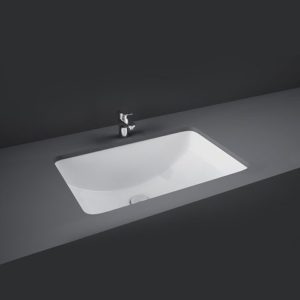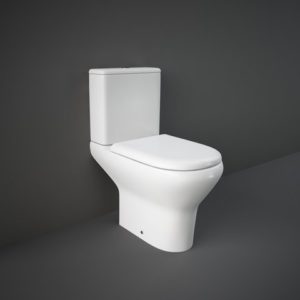Water Closets in Abu Dhabi are becoming more and more common in Abu Dhabi. They were generally only found in hotel bathrooms, but now you’ll find them in homes, offices, and even malls. But what exactly is a water closet? And why has it become so popular recently?
First, let’s understand the meaning of the word “closet.” The traditional definition is a small room or enclosed space where items are stored. When talking about water closets, we’re talking about a small section of piping inside your home that stores and releases water to flush all waste down the drain. But for many people in Abu Dhabi, it’s widely considered more than just a room for storing pipes. It is now also used as an all-inclusive term for toilets. So when you hear someone say they need to use the “closet,” you know exactly what they are referring to!
Although innovative at their time, early settlers were unable to create healthier living conditions without indoor plumbing. It wasn’t until the 19th century that flushing water closets began to appear in homes, which significantly lowered rates of illness and disease. By the end of the 1800s, technological advances allowed flushing water closets to be installed in every home across Europe and America, quickly becoming one of the most important innovations of modern times.
Since then, flushing water closets have also become more environmentally friendly by using less water per flush than older models. They are now found in around 76% of American homes. If you live outside North America however, it’s likely that your house does not contain one yet!
Water Closets in Abu Dhabi
So why haven’t they caught on elsewhere? Well for starters, other design elements like heating systems and toilets that use less water can still be found in many European homes. Secondly, the current cost of installing flushing Water Closets in Abu Dhabi has been one of the main reasons preventing them from becoming more common throughout Europe and Asia. Although costs are slowly decreasing as technology improves, other options remain cheaper for now.
But even with these barriers, Abu Dhabi’s recent advancements should encourage people living outside North America to seriously consider updating their home or business with this state-of-the-art feature! Of course, you want to know how flushing works, but did you know there are different types of water closets used around the world?
Cuba Siphon Jet Flushing System – A type of water closet where all waste is deposited into the bowl by using a jet of water that sucks it in. The pressure then forces air through an underground pipe, which pushes everything out to the sewer. Gravity Drain Flushing System – A type of water closet where no external force is used to remove waste from the bowl. Instead, due to gravity and draining laws, all waste will automatically go down and join other sewage. If your house uses this system, you might have noticed that there isn’t any flushing sound when you flush the toilet! Air Pressure Flushing System – A type of water closet where pressurized air shoots against a wedge at high speed. This removes any remaining solid waste from the bowl and sends it down to join other sewage.
So which types of Water Closets in Abu Dhabi are most common? Believe it or not, all of them! The first two are usually found in older buildings, while the third one is more familiar to people living in modern homes and offices. No matter what technology you prefer, however, all flushing systems will use some sort of trigger mechanism to get things flowing! For example, after using the toilet many individuals might touch or move a handle on top of their water closet.
These movements release levers that activate either gravity draining (most common) or air pressure flushing (less common). There are even high-tech models where touching an icon on your wireless electronic control panel is enough to start up these mechanisms! This means there really isn’t anything you need to remember when it comes to using a modern flushing water closet! Everything is automatic, so there’s no risk of forgetting how things work or accidentally breaking anything by pushing the wrong button.
According to statistics, around 3 billion people worldwide do not have access to proper sanitation facilities. This means that many households and businesses will use unsanitary toilets containing chemicals like fast-acting lye or non-chlorine bleach in order to mask odors and keep their environments clean. Chemicals might be necessary at first, but they often make matters worse over time since they weaken pipes leading back towards septic tanks. This is why the UAE (and Abu Dhabi in particular) has set out on a campaign to improve sanitation by adding flushing Water Closets in Abu Dhabi into more buildings. Unlike traditional toilets, these new models never require expensive chemicals or piping systems. Instead, they rely on clean and clear wastewater treatment facilities.



